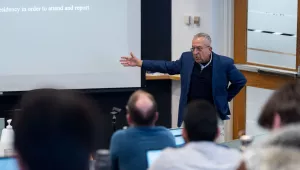
Abstract
Rumors run rife in areas affected by political instability and conflict. Their adoption plays a key role in igniting many forms of violence, including riots, ethnic conflict, genocide, and war. While unverified at the time of transmission, some rumors are widely treated as truth, while others are dismissed as implausible or false. What factors lead individuals to embrace rumors and other forms of unverified information? This article presents a new theoretical framework for understanding individual receptivity to rumors and tests it using original survey data gathered in insurgency-affected areas of Thailand and the Philippines. We find wide variation in rumor adoption, and argue that three factors drive individuals to embrace rumors: worldview, threat perception, and prior exposure. Contrary to conventional wisdom, we find no evidence that commonly cited factors—including education, income, age, and gender—determine individual receptivity to rumors. We also explore the implications of belief in rumors on conflict dynamics. We find that greater receptivity to rumors correlates with the belief that ongoing conflict is intractable. This suggests that rumors can not only help spark political violence, but also impede its resolution. Our findings shed light on the complex interaction between worldview and unverified information in shaping popular beliefs—and through them, political contention and competition—in conflict areas and beyond.
Greenhill, Kelly and Ben Oppenheim. "Rumor Has It: The Adoption of Unverified Information in Conflict Zones." International Studies Quarterly, vol. 61. no. 3. (Fall 2017)
The full text of this publication is available via International Studies Quarterly.





